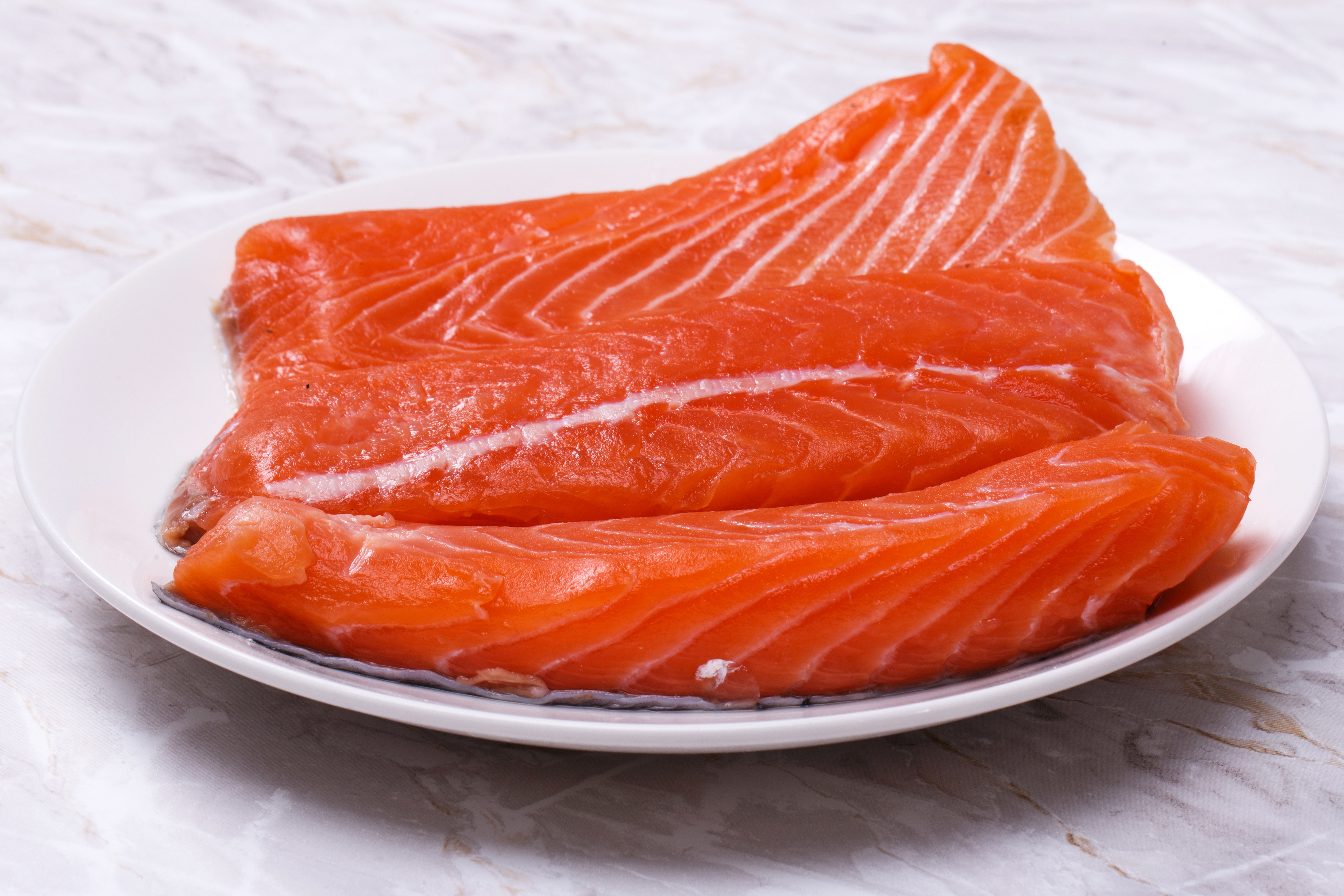So far in 2018, at least five startups using cellular agriculture, the science behind cultured meat that can be used to manufacture many animal products in a lab setting, have raised funds as this fledgling industry diversifies and grows.
First in January, SuperMeat, an Israeli cultured meat startup, raised a $3 million seed round to develop its cultured chicken product. Also that month, Tyson Food Ventures joined Memphis Meats’s $17 million Series A round, originally announced last August.
In March, Wild Earth, a Berkeley, California-based startup focusing on pet food raised a $4 million seed round. Just a few weeks later, The Wild Type, a San Francisco-based startup raised a $3.5 million seed round to focus on culturing salmon.
Perfect Day Foods, a California startup using cellular agriculture to produce dairy products raised a $24.7 million Series A round earlier this month.
And though its not quite funding news, it is also notable that, JUST (formerly Hampton Creek), which has forecasted that it would have a cultured meat product on shelves this year, lost its director of cellular agriculture and another leading researcher in January, who then incorporated a company called Mission Barns, according to Gizmodo. The JUST positions have since been filled.
In general, each cultured meat startup has its own unique approach to the finished product — some are working on fish, others meat, some premium products, some seek to compete on the lower-end of the quality spectrum. All seem to be committed to having a brand for consumers to meet at the grocery store.
“We wanted to make sure we were building something that people would want. We don’t see ourselves as a tech company that happens to be working with food, but rather a food company that is powered by life sciences,” said Justin Kolbeck, founder of The Wild Type, indicating that with the challenge of public perception ahead for every player in cellular agriculture, each wants to have a direct relationship with the consumer.
“Right now it seems like a lot for the companies are trying to vertically integrate,” he added.
Kolbeck and Arye Elfenbein, a medical doctor previously working in tissue culture founded The Wild Type in 2016 when the field was much less crowded.
Kolbeck and Elfenbein chose to culture salmon because of the size of the market in the US as well as their location.
“Our roots are really here in the pacific northwest, in Seattle and San Francisco. The chef on our team is in Portland — it’s all salmon country,” said Kolbeck.
Vertical Integration or Bust?
The number of startups seemingly working toward the same goal — creating a replica of a chosen animal product and scaling production to compete with the real thing — begs the question: is each one reinventing the wheel? Does this industry need fewer consumer-facing startups and more focused on enabling technologies?
“Because this industry is essentially months old, I think a lot of the framing is around the concept and the species because that’s what the fundraising environment is responding to well. But there is a complex technology stack that needs to be filled in,” Isha Datar, executive director at New Harvest, a non-profit cellular agriculture research institute, told AgFunderNews.
A 2017 report from the Good Food Institute (GFI), a nonprofit that works with scientists, investors, and entrepreneurs to support innovations in plant-based foods and cultured meat, breaks the process of cellular agriculture down into six elements: cell lines, cell culture media, scaffolding and structuring, bioreactors, and supply chain and distribution. All of these processes and technologies could be theoretically provided by different companies serving food and non-food customers.
“Critical technologies that are developed along the way will likely serve as lucrative intellectual property licensing opportunities for other high-value industries that rely on large-scale cell culture,” reads the report.
Datar explained that as the startups in the space now develop their own technologies, intellectual property (IP) will result, giving them particular expertise in one part of the process or another, and thus a supply chain may emerge.
“It would not surprise me if these companies go on to differentiate based on the technologies that they build in their first IP steps. The IP is going to become more of a guiding factor in terms of where these companies will be focusing with time,” posited Datar.
“I think once somebody has cracked the code from a technology perspective, we’ll have companies tackling a particular part of the supply chain,” said Kolbeck.
Datar said that startups looking to solve specific links in the supply chain are starting to pop up and if they raise funding, that will be a signal that the IP in the space is maturing – a sign of progress toward a salable finished product.
The GFI report also indicates that the evolution of a cultured meat product may not be as straightforward as these consumer-facing companies suggest.
“The first products that come to market may be hybrid products wherein clean meat [cultured meat] is included as a part of plant-based products,” according to the report.
The next product, says the report, will likely be ground meat products since the cellular structure of these is less complex, followed by more structured items like fish fillets and chicken breasts.
More cultured meat funding announcements are likely on the way in 2018. Finless Foods, which is culturing bluefin tuna, has telegraphed that a seed funding round announcement is forthcoming. Kolbeck mentioned that in his experience, investors are quickly gaining a more nuanced understanding of cellular agriculture, which they’ll need if business-to-business cellular agriculture startups are going to raise as much as their consumer-facing sisters.





